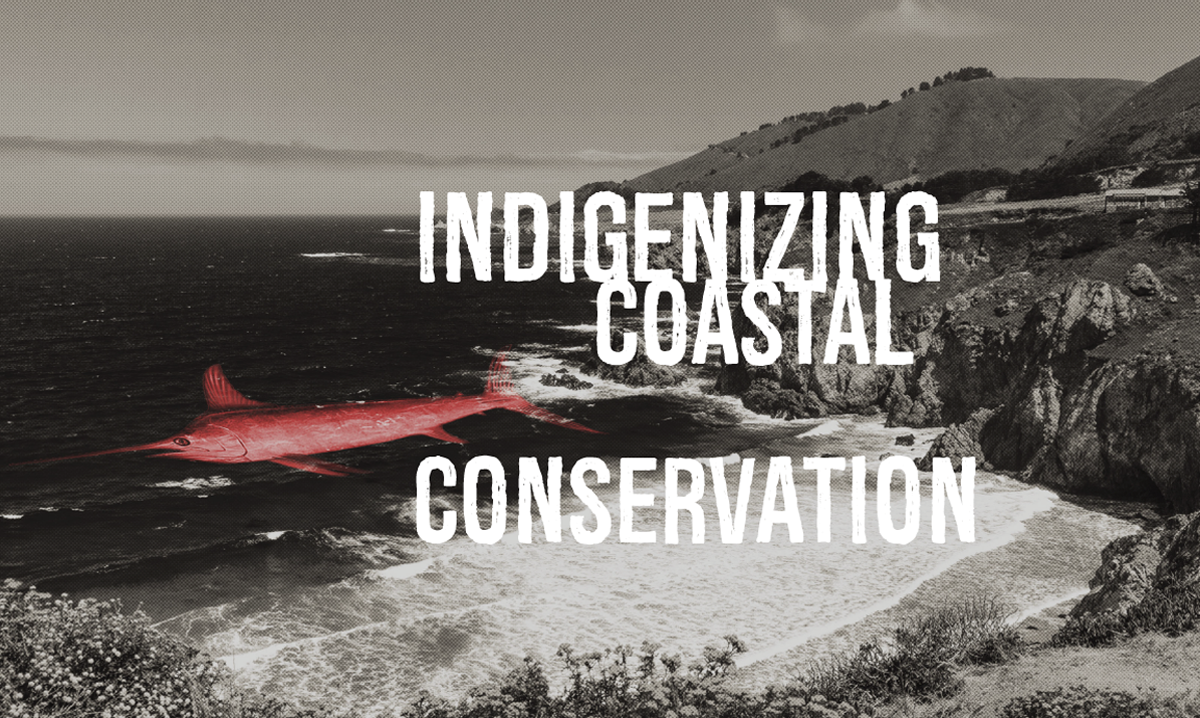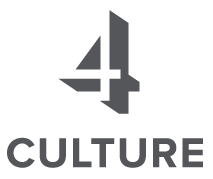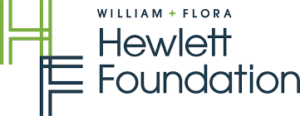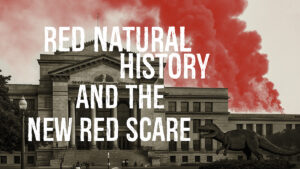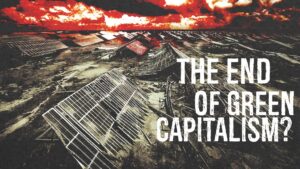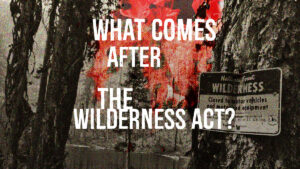Friday, June 28, 2024 | 6:30pm ET
With the infusion of billions of dollars of federal and state funding into climate and environmental resiliency research, conservation, and community-based projects in the United States, including more than $6 billion for ocean conservation alone, we’re on the cusp of a new conservation era, greater in scale to the movement spurred by Theodore Roosevelt in the late 19th century. As politicians and Big Greens tout the importance of Indigenous leadership and knowledge in these kinds of projects, there remains no practical roadmap for Native and non-Native collaboration. A lot can and does go wrong.
What would Indigenous-led conservation look like at such an enormous scale, and how would decisions be made? Focusing on ongoing work to fight coastal erosion on the Pacific coast, this Zoom Webinar engages a frank conversation with Native and non-Native ocean conservation practitioners grappling with the complexities of decolonizing the conservation movement and incorporating Indigenous worldviews effectively and appropriately with mainstream approaches.
SPEAKERS
Dina Gilio-Whitaker (Colville Confederated Tribes) is a Lecturer of American Indian Studies at California State University San Marcos and an independent educator in American Indian environmental policy and other issues. At CSUSM she teaches courses on environmentalism and American Indians, traditional ecological knowledge, religion and philosophy, Native women’s activism, American Indians and sports, and decolonization. She also works within the field of critical sports studies, examining the intersections of Indigeneity and the sport of surfing. Dina is the author of two books, most recently the award-winning As Long As Grass Grows: The Indigenous Fight for Environmental Justice from Colonization to Standing Rock.
Leah Mata-Fragua (yak titʸu titʸu yak tiłhini Chumash) is an artist, educator, and council member of the Yak Tityu Tityu Yak Tiłhini (Northern Chumash) tribe located on the Central California Coast. As a place-based artist, Leah’s kincentric approach seamlessly blends shared iconography with personal imagery, highlighting the impact each has on the other.
Calla Allison is the Founder and Executive Director of the Marine Protected Area Collaborative Network, a network seeking to empower diverse communities to engage in marine protected area stewardship for a healthy ocean. After years of experience as the Marine Protection Officer for the City of Laguna Beach, Director for the Orange County MPA Council (OCMPAC), and member of the Marine Life Protection Act Initiative’s South Coast Regional Stakeholder Group, she became focused on expanding the OCMPAC model statewide.
Gus Gates is the West Coast Regional Director of the Surfrider Foundation, an organization that is dedicated to the protection and enjoyment of the world’s ocean, waves, and beaches, for all people, through a powerful activist network. An active member of the Surfrider network and staff for over 15 years, Gus spent his formative years on the Central Oregon Coast before attending Oregon State University to pursue a BS in Fisheries and Wildlife Science with a specialty in ecological restoration.
This event is curated by Dina Gilio-Whitaker as part of Natural History for a World in Crisis, a programming series organized by the 2024-2025 cohort of Red Natural History Fellows with The Natural History Museum.
SPONSORS

